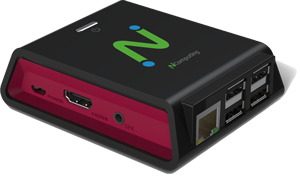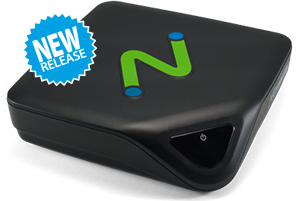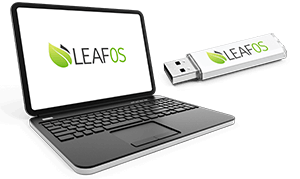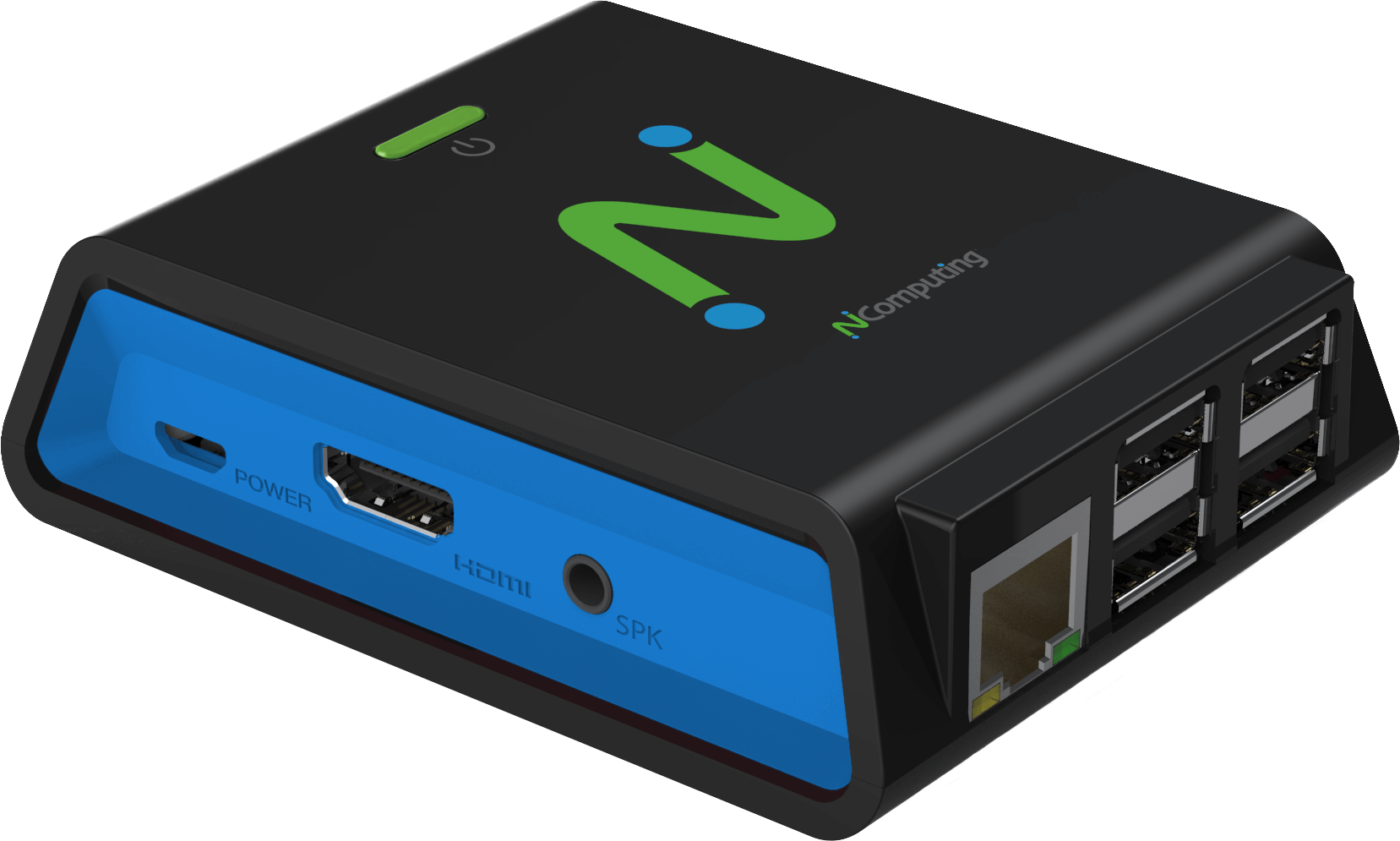Low-cost computing for non-profits
Founded in 1995, The Education Volunteers Foundation of Turkey (TEGV) has evolved to be Turkey’s most widespread Non-Governmental Organization operating in the field of Education. Serving over 245,000 students, TEGV controls a variety of facilities including 8 education parks, 62 learning centers, and 13 mobile learning units.
TEGV: Students can now use computers for classwork in the school’s computer lab.
With the help of its dedicated volunteers, TEGV is committed to rapidly providing students with the deployment of educational programs and extracurricular activities as a means to stimulate the level of critical thinking, creativity, and self-confidence required to be active citizens. The integration of technology is impacting educational policy and preparing students with the skills required to be successful in an increasingly globalized world is a necessity.
Obsolete Computer Architecture
The critical challenges TEGV has faced in achieving its goals include high maintenance costs, limited technical support, and underdeveloped physical and institutional infrastructures. While most of the activity centers were equipped with computers, they were inadequate and had obsolete and unreliable systems, resulting in ongoing maintenance or PC replacement. When issues had arisen, PCs were sent to HQ, a third party vendor to be repaired, resulting in increased shipping and maintenance costs. In the past, TEGV implemented the “Technology Volunteer” model as a solution where volunteers with technical experience would be assigned to each of the activity centers and work in conjunction with HQ personnel to diagnose potential problems and assist with software and hardware fixes. A back-up PC was also kept in each of the activity centers as replacement for emergency situations. However, given that systems were old and required constant upkeep, it became crucial for TEGV to upgrade its existing computer architecture and find a cost effective solution that was efficient and would reduce technical support.
Search for the Perfect Solution
TEGV assessed traditional thin clients and arranged for demos by different manufactures but found that these solutions were overly complex, requiring third party hardware components and additional investment for technical support, adding to the overall cost. After conducting extensive product testing of NComputing’s L300 access devices, TEGV was confident that they had found a computing solution that was superior to traditional PC desktops as well as alternative thin clients. The NComputing systems were cost effective and secure allowing them to provide updated computer technology to more users on the network. In addition, the NComputing systems are reliable, easy to manage, and compatible with existing applications including hardware, operating system, and existing flash based web applications. Expensive IT support and maintenance would not be required to keep them running, which had been a former challenge for the activity centers.
For their deployment, TEGV turned to Dojop Technology, a leading NComputing reseller in Turkey, to purchase 290 L300 access devices, 40 X-series virtual desktops, and 27 PC servers creating a new ratio of approximately 12 users to one host computer.
The NComputing solution works today because PCs are so powerful that the vast majority of users only need and use a small fraction of the desktops computing capacity. NComputing taps into this unused capacity from a single PC or server and simultaneously shares it with many users. Each user’s monitor, keyboard, and mouse are connected to a small and highly reliable NComputing access device, which is then connected to the shared computer. The access device itself has no CPU, memory, or moving parts—so it’s rugged, reliable, and easy to deploy and maintain.
Supporting Sustainability
NComputing has provided TEGV with a solution that addresses its infrastructure issues, reduces time spent on maintenance issues, and offers significant savings in operating and capital costs. Since the deployment of the NComputing desktop virtualization solution, TEGV has realized many benefits. First, TEGV has saved significant physical space as virtual desktops are small, rugged, and can be mounted directly onto the back of a monitor. Second, overall energy consumption is projected to decrease by 77%, the C02 equivalent of 14 tons per annum, resulting in significant electricity cost savings. Third, student and volunteer participation at the activity centers has increased, as there are more opportunities for students to use the computers to do research, share information, and even investigate opportunities to further their studies. Most importantly the NComputing solution has created a greener institution for TEGV, simultaneously cutting costs and achieving environmental goals. The extended use of green technologies at TEGV is educating and driving awareness to the students regarding the benefits derived from an eco-friendly lab. The constant renewal of education programs and the usage of the most advanced technology has positivity impacted the image and credibility of TEGV, attracting more students and volunteers within the communities.
Enabling a Bright Future for India’s Students
NComputing’s technology is revolutionizing the desktop virtualization market. TEGV has future plans to extend the use of NComputing technology to its Educational Parks, Learning Units, and Mobile Learning Environments throughout Turkey. As a result, the increased utilization of Information and Communications Technology (ICT) in the activity centers and extracurricular learning centers will improve the quality of life for all citizens in Turkey.



-menu.png)


